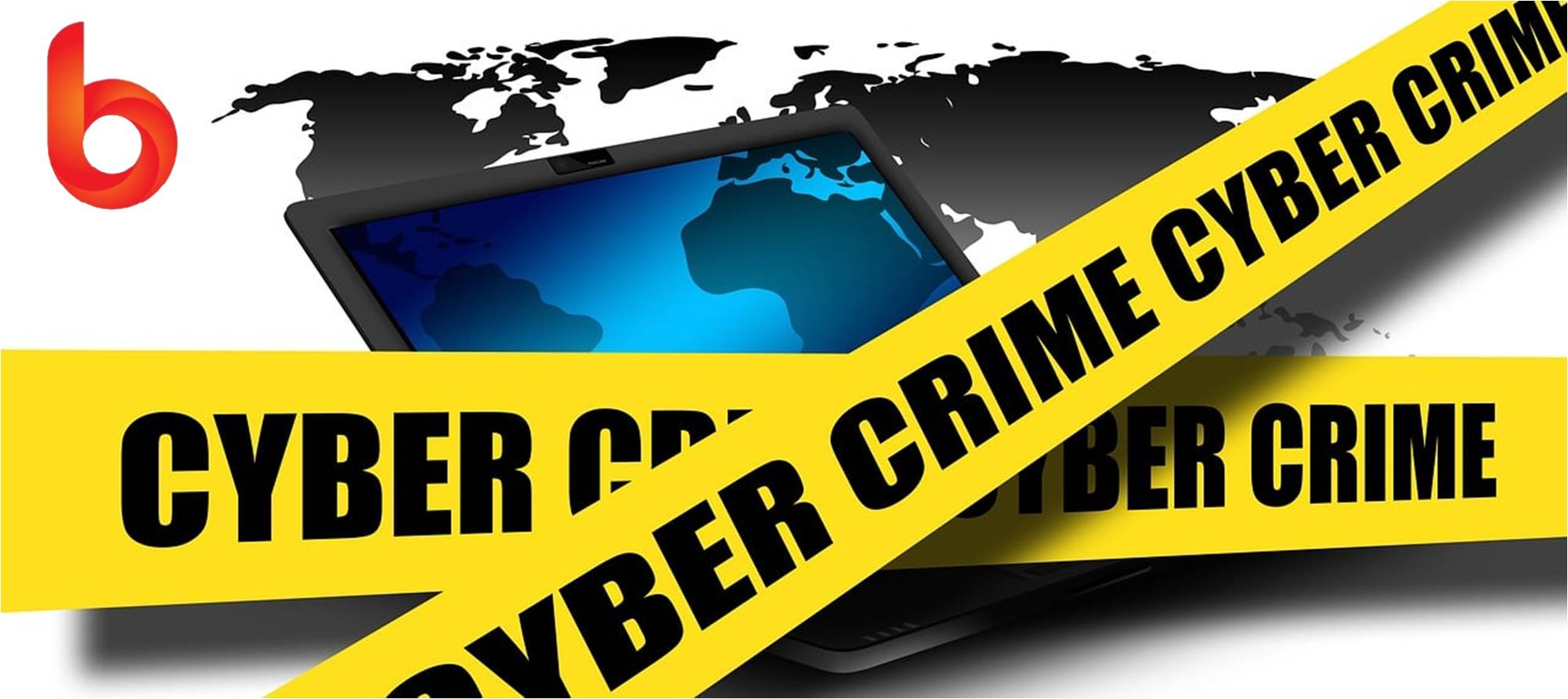Cyber Crime and Cyber Law: An Overview
Cyber Crime and Cyber Law: An Overview
In today’s digital age, the use of computers and the internet has become an integral part of our daily lives. With the increasing dependence on technology, there has also been a rise in cyber crimes. Cybercrime refers to any criminal activity that is directly related to the use of computers and the Internet. This can include illegal trespass into computer systems or databases, manipulation or theft of stored or online data, hacking, phishing, cyber warfare, spreading computer viruses, and more.
To combat these crimes and protect individuals and organizations from harm, cybercrime law has been established. Cybercrime law is a set of rules and regulations that govern the use of information and communication technology (ICT). It aims to protect ICT users, data, systems, services, and infrastructure from harm and criminal activity. Cybercrime law also protects human rights.
In India, cyber laws are regulated by the Information Technology Act, of 2000. This act addresses a wide range of new-age crimes related to computer technology, mobile devices, software, and the Internet. However, it is important to note that Indian Law does not define the term ‘cybercrime’. It is neither defined in the Information Technology Act, 2000 nor in the I.T. Amendment Act, 2008 nor in any other legislation of India.
Preventing cyber crimes is an ongoing effort that requires individuals to take basic precautions such as using strong passwords and keeping software updated. Organizations can also implement security measures such as firewalls and intrusion detection systems to protect their networks and data.
In conclusion, cybercrime and cyber law are important topics in today’s digital age. As technology continues to evolve and become more integrated into our daily lives, individuals and organizations need to be aware of the risks and take steps to protect themselves from harm.
Frequently Asked Questions (FAQ)
What is cybercrime?
Cybercrime is any criminal activity that involves the use of computers and the internet, such as hacking, phishing, identity theft, cyberbullying, cyber terrorism, etc. Cyber crimes can be classified into three types: cyber crimes against persons, cyber crimes against property, and cyber crimes against the state or society.
What is cyber law?
Cyber law is the legal framework that governs cyberspace and regulates various aspects of the internet and computer security, such as data protection, e-commerce, intellectual property, privacy, etc. Cyberlaw also defines various offences and penalties related to cyber crimes and establishes authorities for adjudication and investigation of cyber incidents.
What are the primary cyber laws in India?
The primary cyber laws in India are the **Information Technology Act, 2000 (IT Act)** and its amendments. The IT Act provides legal recognition to electronic documents and digital signatures, defines various offences and penalties related to cyber crimes, establishes authorities for adjudication and investigation of cyber incidents, and prescribes security practices and procedures for intermediaries and service providers. The IT Act also incorporates some provisions of the **Indian Penal Code, 1860 (IPC)** to deal with cyber crimes such as forgery, fraud, cheating, defamation, etc. Additionally, some other laws have relevance to cyber law in India, such as the **Companies Act, 2013**, which mandates disclosure of cyber security risks by companies, and the **National Cyber Security Framework (NCFS)**, which provides guidelines for enhancing cyber security in various sectors.
What are some examples of cyber crimes?
Some examples of cyber crimes are:
- **Child pornography or child sexually abusive material (CSAM)**: This involves creating, distributing, accessing or possessing any material that depicts a child in a sexually explicit manner. This is a serious offence under Section 67B of the IT Act and Section 292 of the IPC.
- **Cyberbullying**: This involves using electronic communication to harass, threaten or intimidate another person. This offence can be under Section 66A of the IT Act and Section 503 of the IPC.
- **Cyberstalking**: This involves repeatedly following or contacting another person online to cause fear or distress. This can be an offence under Section 66A of the IT Act and Section 354D of the IPC.
- **Cyber grooming**: This involves befriending a child online with the intention of sexually exploiting them. This offence can be under Section 67B of the IT Act and Section 376 of the IPC.
- **Online job fraud**: This involves offering fake or fraudulent jobs or employment opportunities online to cheat or extort money from unsuspecting applicants. This can be an offence under Section 66D of the IT Act and Section 420 of the IPC.
- **Online sextortion**: This involves blackmailing or coercing another person to perform sexual acts or send sexual images or videos online by threatening to expose their private or personal information. This can be an offence under Section 66E of the IT Act and Section 384 of the IPC.
- **Phishing**: This involves sending fraudulent emails or messages that appear to be from legitimate sources to trick recipients into revealing their personal or financial information or clicking on malicious links or attachments. This can be an offence under Section 66C of the IT Act and Section 468 of the IPC.
- **Vishing**: This involves making fraudulent phone calls that appear to be from legitimate sources to trick recipients into revealing their personal or financial information or following malicious instructions. This can be an offence under Section 66C of the IT Act and Section 419 of the IPC.
- **Smishing**: This involves sending fraudulent text messages that appear to be from legitimate sources to trick recipients into revealing their personal or financial information or clicking on malicious links or attachments. This can be an offence under Section 66C of the IT Act and Section 420 of the IPC.
- **Credit card fraud or debit card fraud**: This involves using stolen or cloned credit cards or debit cards or their details to make unauthorized transactions online or offline. This can be an offence under Section 66C of the IT Act and Section 420 of the IPC.
- **Impersonation and identity theft**: This involves using another person's identity or personal information without their consent to create fake accounts, profiles, websites, emails, etc., or to access their accounts, services, benefits, etc. This can be an offence under Section 66C of the IT Act and Section 416 of the IPC.
- How can one prevent cyber crimes?
Some preventive measures that one can take to avoid becoming a victim of cyber crimes are:
- Use strong passwords and change them regularly.
- Do not share your personal or financial information with unknown or untrusted sources online or offline.
- Do not click on suspicious links or attachments in emails or messages.
- Do not download or install software or applications from unverified sources.
- Use antivirus and firewall software and keep them updated.
- Be careful about what you post or share online and who you interact with.
- Be aware of the cyber laws and your rights and responsibilities as an internet user.
- Report any suspicious or illegal activity online to the concerned authorities.













I got some valuable points through this blog. csgo smurf accounts
ReplyDeleteI am grateful to this blog site providing special as well as useful understanding concerning this subject. Buy Valorant Accounts
ReplyDelete